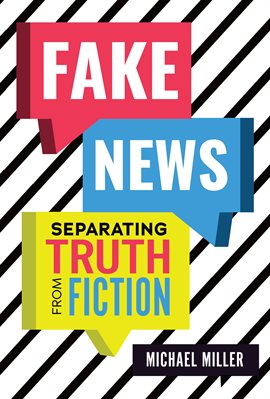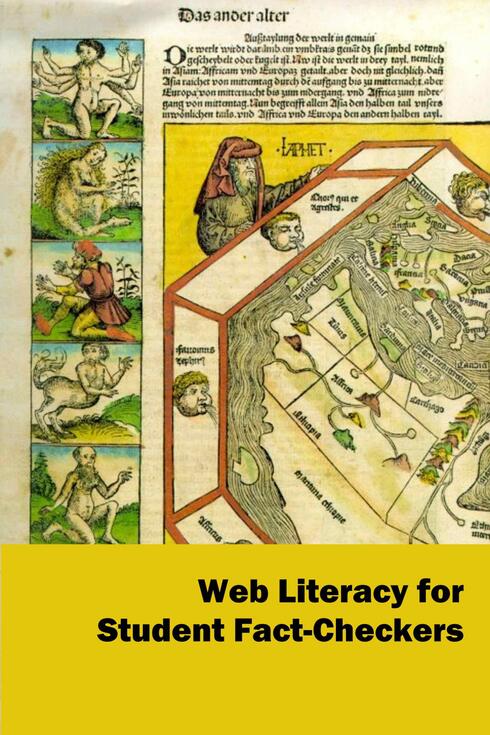The internet is a great way to create, access and share information. The problem with this is anyone can create and share content on the internet. If you plan on using information found on a website or social media, you must evaluate that resource. This is particularly true if you plan to cite this information in a paper or if you plan on passing this information along to others.
STOP
Investigate the Source
Find better coverage
Trace claims, quotes, and media back to the original context
Do you understand all sides of an argument? There are several databases that provide overviews of controversial or debatable topics.
We can't verify the facts that have been published so we need to evaluate the author and news organization.
 Fake News: Separating Truth from Fiction
by
Michael Miller
Fake News: Separating Truth from Fiction
by
Michael Miller
 Web Literacy for Student Fact-Checkers
by
Mike Caulfield
Web Literacy for Student Fact-Checkers
by
Mike Caulfield
University Libraries
218 College Street • PO Box 32026 • Boone, NC 28608
Phone: 828.262.2818
